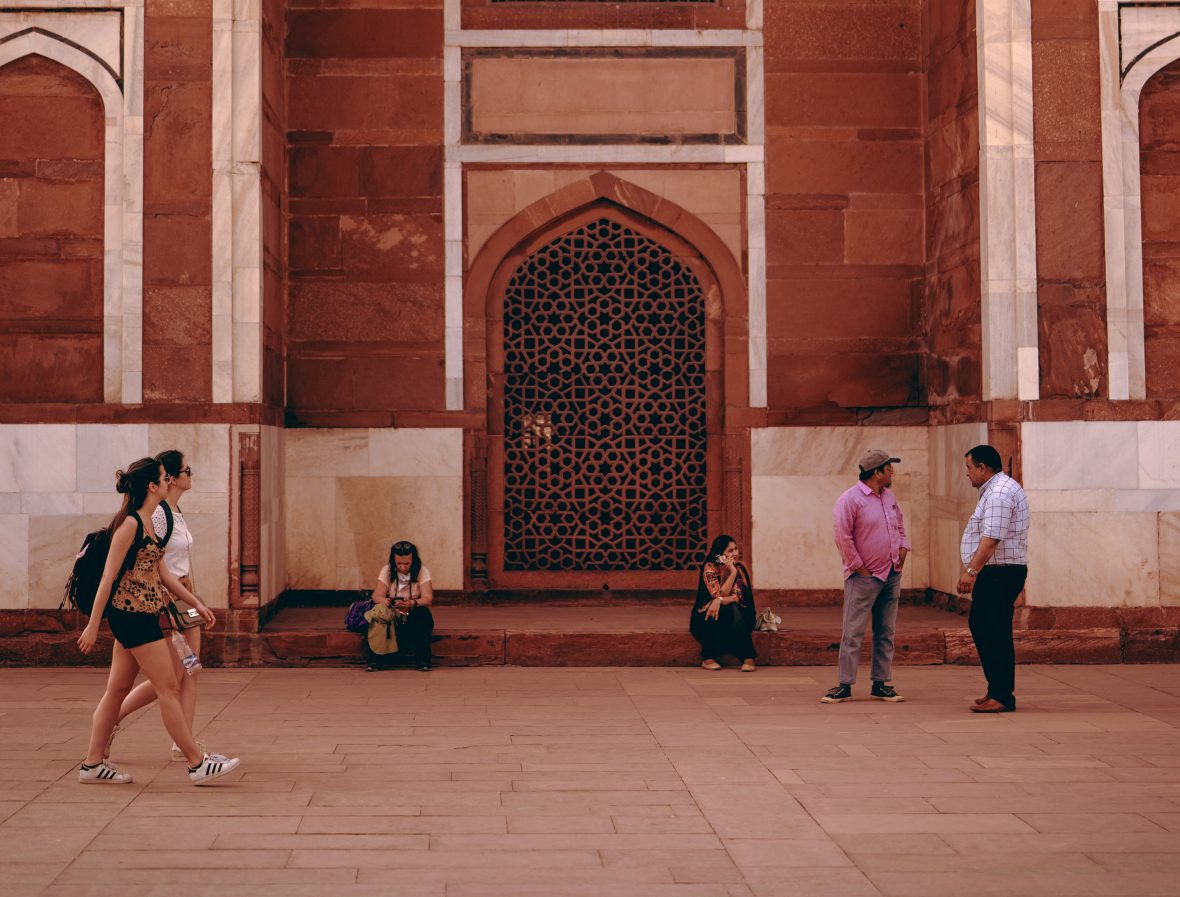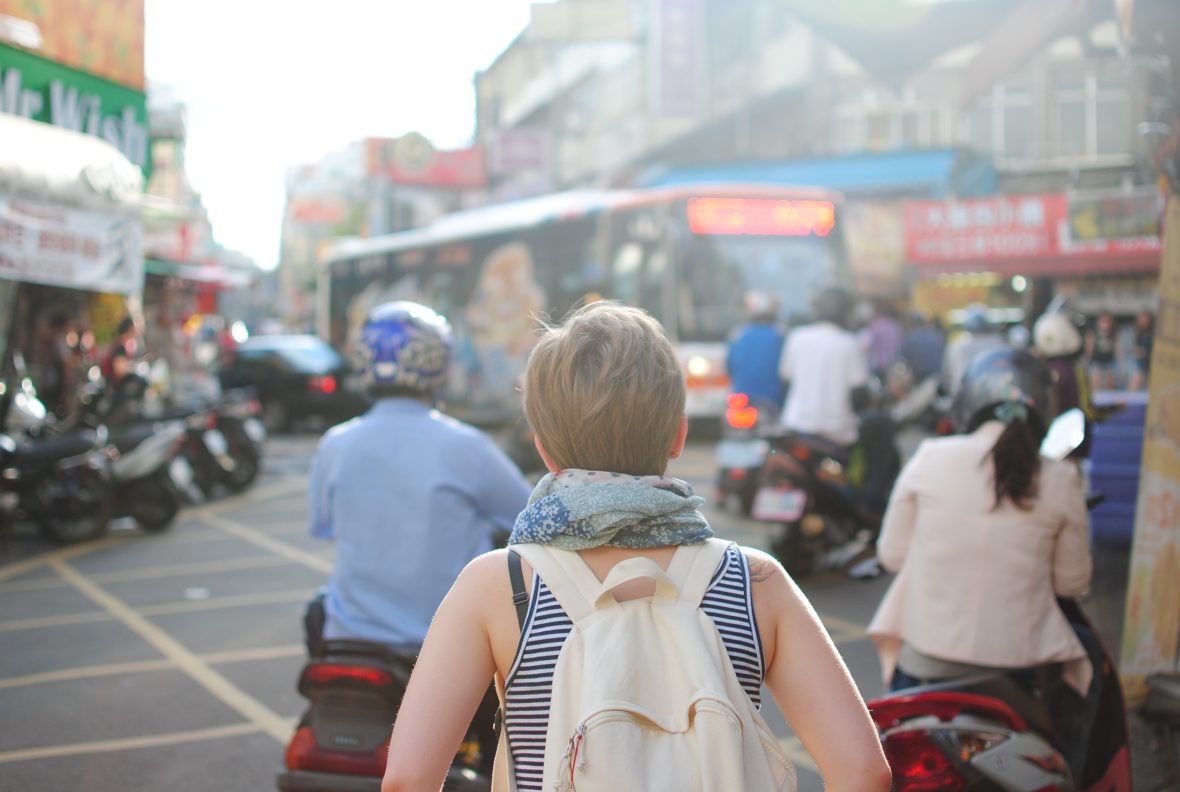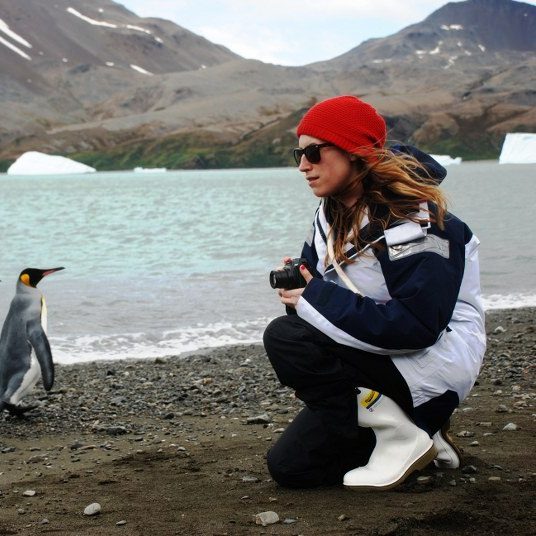
Half of global travelers want a complete culture shock this year. Is it a sustainable—or responsible—travel goal?


Half of global travelers want a complete culture shock this year. Is it a sustainable—or responsible—travel goal?
The internet has made it easier than ever for us to prepare for our 21st-century adventures. While most travelers take this as a win, others complain that the increased ease (and reduced cost) of getting online globally has killed the culture shock. But could avoiding that discombobulating feeling of encountering a way of life a world away from our own actually be a good thing?
Amid myriad 2023 travel predictions, a study finding that 50 percent of global travelers want to experience a ‘complete culture shock’ in the year ahead got me thinking. Sure, there’s nothing like several years of lockdowns to prompt a yearning to experience something (very) new. But while a culture shock might give you a buzz—or score you a few more followers on YouTube or TikTok—have you ever stopped to think about the impacts of your culture shock on local people?

Researchers have been studying the phenomenon of culture shock for decades, with one study grimly noting that contact with an unfamiliar culture can lead to anxiety, stress, mental illness and, in extreme cases, physical illness and suicide. And that’s just the potential impact on travelers, who in some cases have even been killed by the remote communities they have tried to visit.
For locals, pathogens unwittingly introduced to remote communities by tourists—even the common cold—can be deadly. A more common issue is the negative socio-economic impacts of unregulated cultural tourism development in remote communities. This has been experienced by Thailand’s hill tribe communities, where economic disparity fueled by tourism has disrupted social systems. All of the outcomes point to the obvious: The extremes of culture shock aren’t good for anyone.
So how do we experience new cultures responsibly, without the ‘shock’ negatively impacting anyone? Research with dozens of cross-citations asserts that ecologically sustainable socio‐cultural development is dependent on moving from a paradigm of culture shock to one of cultural exchange. It makes sense.
Responsible cultural exchange, however, requires some knowledge of the local culture you’re planning to interact with to avoid creating unnecessary tension. That means taking part in meaningful research that will undoubtedly reduce your culture shock. But if you’re one of those travelers who gets a kick out of arriving at a destination without so much as glancing at a guidebook (or the ‘gram), hiring a local tour guide who can bring you up to speed in your destination is a great solution.

There are plenty of guided tours that are constructed specifically to give travelers a sustainable experience in 2023. Intrepid is set to launch its first trips to Pakistan, including a women’s only expedition, in September. Lifting the veil on one of the world’s most secretive cultures (until recently), an increasing number of operators are also launching tours into Saudi Arabia.
Indigenous-guided tourism is also becoming more accessible globally, while an increasing array of touring options in emerging destinations such as Guyana and the Comoros are now helping to connect travelers with some of the world’s under-the-radar destinations and cultures in a responsible way.
While it may be time to let go of the idea of complete culture shock, you don’t have to part ways with the idea of experiencing the unfamiliar. When schooled with the knowledge to know you’re conducting yourself respectfully you create a more meaningful encounter—for everyone involved. Surely, that’s a better travel goal to aspire to.







Can't find what you're looking for? Try using these tags: